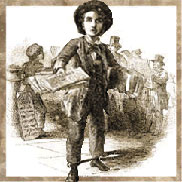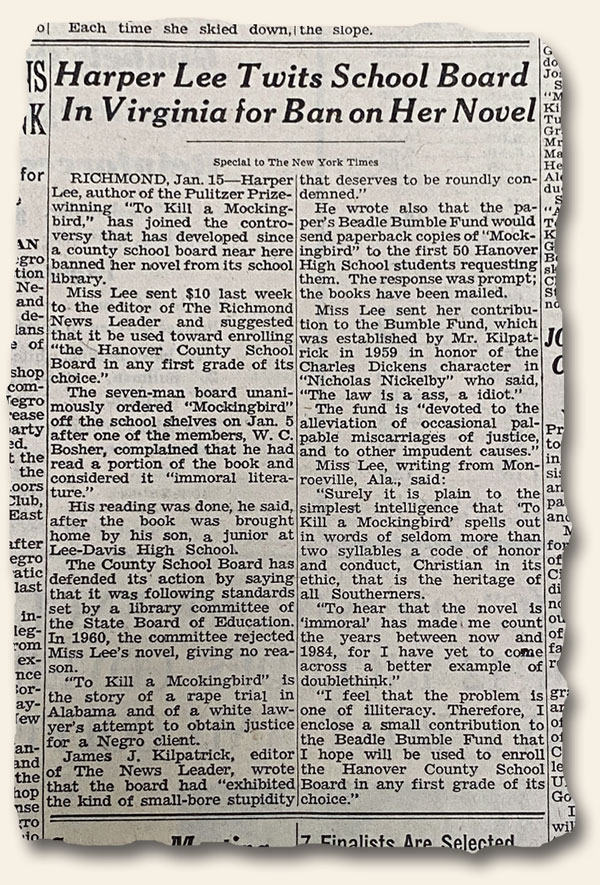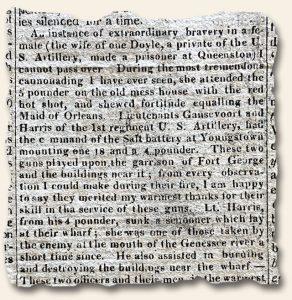Announcing: Catalog #301 (for December, 2020) is now available…
November 30, 2020 by GuyHeilenman · Leave a Comment

- Catalog 301 (in its entirety)
- Noteworthy Catalog 301 ($250+)
- Combined Catalogs (current, w/ remnants of previous)
Don’t forget about this month’s DISCOUNTED ISSUES.
The links above will redirect to the latest catalog in approx. 30 days,
upon which time it will update to the most recent catalog.
Reflecting on 2020 as we approach Thanksgiving…
November 23, 2020 by GuyHeilenman · Leave a Comment
“Count your blessings, name them one by one…”
2020 has certainly been quite the year. There’s no doubt it came with more than its share of difficulties; however, history is pregnant with years fraught with an abundance of pain, suffering, and death. I admit, there have been occasions when the onslaught of bad news has weighed heavily upon my mind, but thankfully, there have been more than enough moments when I’ve been checked back from allowing negative thoughts to win the day.
Such was the case when I took notice of the November 18, 1918 issue of the Springfield Republican (see below). In the midst of the horrors brought on by the Spanish Flu Epidemic, President Woodrow Wilson continued the presidential tradition of proclaiming a day for thanksgiving and prayer. What particularly caught my attention was seeing the bordered text of the Thanksgiving Proclamation surrounded on three sides by WWI reports from all over the world, a mere 6 inches from an article updating the readers of the current death toll of the pandemic. “A rose among thorns” came to mind, followed by a flashback to my childhood – as I could almost hear my (recently deceased) mother’s words yet again: “No matter how bad you think things are, there are people throughout the world who have it much worse than you do. Never stop counting your blessings.” Of course I wouldn’t always immediately comply, which prompted her follow-up: “Wipe that sour look off your face before it gets stuck that way.”
So, it is with these thoughts in mind I hope, wish, and pray for our “collecting” family to have a Thanksgiving overflowing with… thanksgiving.

When upon life’s billows you are tempest-tossed,
When you are discouraged, thinking all is lost,
Count your many blessings, name them one by one,
And it will surprise you what the Lord has done.
Refrain:
Count your blessings, name them one by one,
Count your blessings, see what God has done!
Count your blessings, name them one by one,
And it will surprise you what the Lord has done.
Are you ever burdened with a load of care?
Does the cross seem heavy you are called to bear?
Count your many blessings, every doubt will fly,
And you will keep singing as the days go by.
[repeat refrain]
When you look at others with their lands and gold,
Think that Christ has promised you His wealth untold;
Count your many blessings—money cannot buy,
Your reward in heaven, nor your home on high.
[repeat refrain]
So, amid the conflict whether great or small,
Do not be discouraged, God is over all;
Count your many blessings, angels will attend,
Help and comfort give you to your journey’s end.
[repeat refrain]
Lyrics by Johnson Oatman, Jr.
Snapshot 1870… The 15th Amendment – Not So Fast!
November 19, 2020 by GuyHeilenman · Leave a Comment
The 15th Amendment states: “The right of citizens of the United States to vote shall not be denied or abridged by the United States or by any State on account of race, color, or previous condition of servitude.” (www.History.com)
However…
Despite the amendment, by the late 1870s discriminatory practices were used to prevent blacks from exercising their right to vote, especially in the South. (www.History.com)
We recently unearthed a pair of issues from The New York Times dated in 1870 which shed some early-morning light on the dawn of the 15th Amendment, and the struggle it faced on its path to realizing its intent – a struggle which made significant headway with the passage of the Voting Rights Act in 1965.
The Constitution of the United States is second-to-none, and the wisdom of the Founders to frame it in such a way as to make it a work in progress was genius. However, making adjustments along the way, although appropriately difficult, was part of the original intent. The greater problem and most difficult hurdle is bringing the hearts of humanity in line with “red & yellow, black and white; they are precious in His sight” – and should be seen and treated as such. 
Snapshot 1945… America’s youth are too soft…
November 12, 2020 by GuyHeilenman · Leave a Comment
WW2 was finally over, but much was to be done. Trials, international agreements, boundaries of country’s which had been conquered by the Nazis… What to do with the millions who had lost their homes due to destruction, fleeing life-threatening circumstances, or having been carted off to concentration camps? What about the abundance of parentless children? How to rebuild? Who would pay for the rebuilding of countless areas of devastation? What about the atom bomb? What does this new power mean?
In the midst of all of these critical and time-sensitive concerns at the forefront of President Truman’s mind, one which caught my eye was found on the front page of a Wilmington Morning Star (NC) from October 24, 1945. What do we do to prepare our nation for future conflicts? While a great question, his focus was thought-provoking:
The youth of America are too soft, and something needs to be done, now!
The image below shows a portion of both Truman’s thoughts and his plan of action – initial steps which would eventually blossom into President Eisenhower’s “President’s Council on Youth Fitness” in 1956. These actions, along with similar measures taken over the 40 years to follow, led me to wonder whether it is time to take a look at this question once again. After all, raising up the next generation to be characterized by the fragile term “snowflakes” does not bode well for the future of “life, liberty, and the pursuit of happiness”. 
Snapshot 1966… Cancel culture, free speech, and a civil society…
November 9, 2020 by GuyHeilenman · Leave a Comment
What to cancel vs. what to keep? Revisionism vs. an accurate accounting?
The practice of what we currently refer to as “Cancel Culture” is nothing new. Few details remain of China’s glorious early history due to the practice of each new dynasty expunging any evidence regarding the former so-as to elevate itself to the top of the historical record. Other religions and societies have done the same in order to eliminate the warts which are common to all. While some believe it is important to remember history, no matter how ugly, in the hope that future generations will learn from past mistakes, others are convinced the past is too painful, and must therefore be eradicated from wherever it might rear its ugly head.
Although statues, flags, and other symbols have been the most recent targets of this tension, the written word was the most common target of past generations, and was realized through both the banning and burning of books which were deemed too immoral, too painful, or too revealing of “whatever we currently don’t want to be known” to be read. Examples include Uncle Tom’s Cabin, 1984, Animal Farm, Brave New World, and the feature of this post, To Kill A Mocking Bird. Published in 1966 to overwhelming critical approval, it wasn’t too long before it began to receive considerable resistance for a plethora of objections, and although included on many high school and junior high school reading lists, attempts to remove it from school libraries were quite common. The article below highlights one such a case, with the New York Times of January 16, 1966 printing Harper Lee’s own response to a local schoolboard near Richmond, Virginia.
The purpose of this post is not to resolve the issues created by both free speech and revisionism; rather, to merely ponder these issues in light of the past. My only editorial contribution is that I’m glad I can still look back at such accounts as printed in old newspapers and hopefully glean perspective on how and where I’d like to tread in the present. 
You know of Molly Pitcher. Do you know of Betsy Doyle?
November 5, 2020 by TimHughes · Leave a Comment
On November 22, 1812 the British, at Fort George, were cannonading the Americans at Fort Niagara. George McFeeley was the American commander and several days later made his official report to Brigadier General Smyth. Within the report McFeeley noted: “…An instance of extraordinary bravery in a female (the wife of one Doyle, a private in the United States Artillery, made a prisoner at Queenston,) I cannot pass over. During the most tremendous cannonading I have ever seen, she attended the six-pounder on the mess-house with red hot shot, and showed fortitude equal to the Maid of Orleans…”.
Within the report McFeeley noted: “…An instance of extraordinary bravery in a female (the wife of one Doyle, a private in the United States Artillery, made a prisoner at Queenston,) I cannot pass over. During the most tremendous cannonading I have ever seen, she attended the six-pounder on the mess-house with red hot shot, and showed fortitude equal to the Maid of Orleans…”.
In an act of female heroism during combat, much like the work of Molly Pitcher (although considered folklore by many historians), Betsy Doyle played a notable role. A mother of four whose husband was captured at the Battle of Queenston & held as a prisoner by the British, after some gunners were wounded Betsy stepped in to help. The Americans were loading “red hot shot” into their guns to fire at Fort George. Betsy helped bring the shot from the fireplaces downstairs to the guns.
The December 16, 1812 issue of the “Boston Patriot” is one of few newspapers which reported this event.
Acts of female involvement in combat are rarely reported. Here is a nice one.


